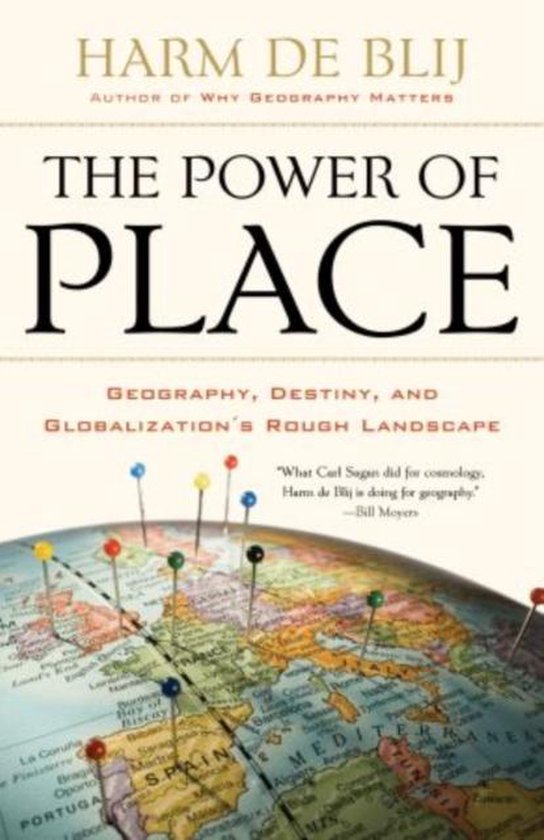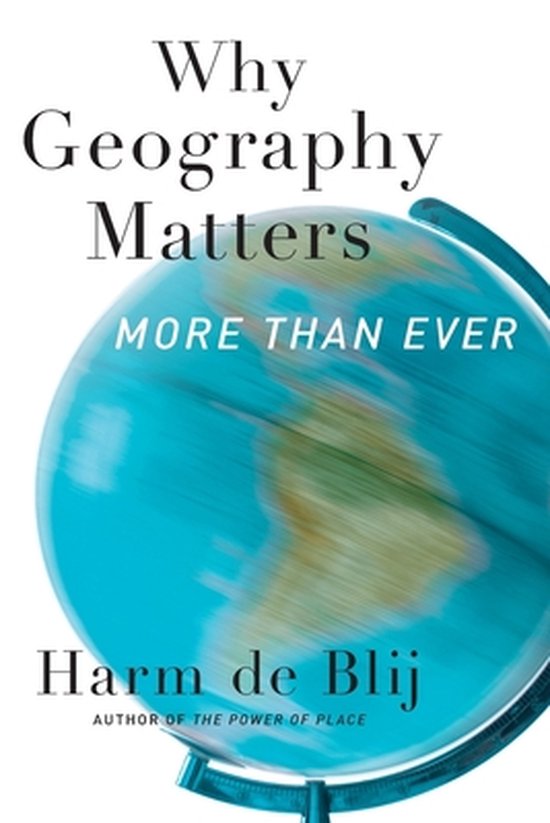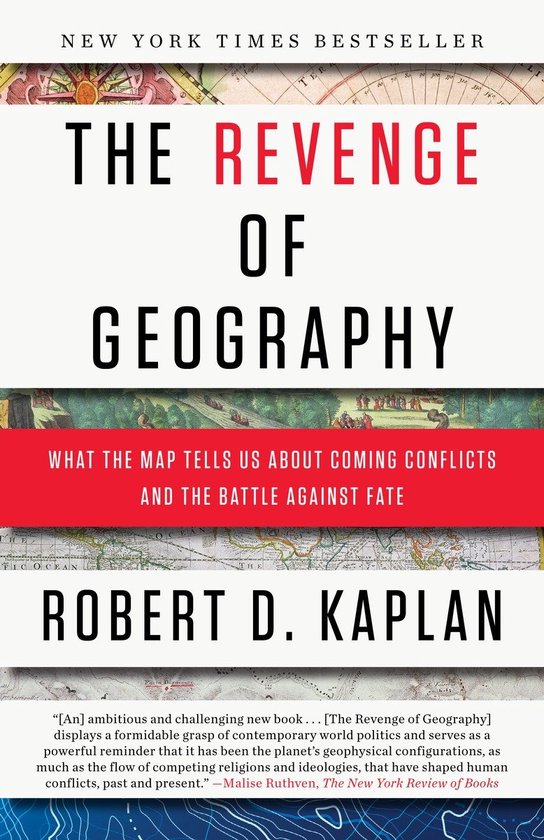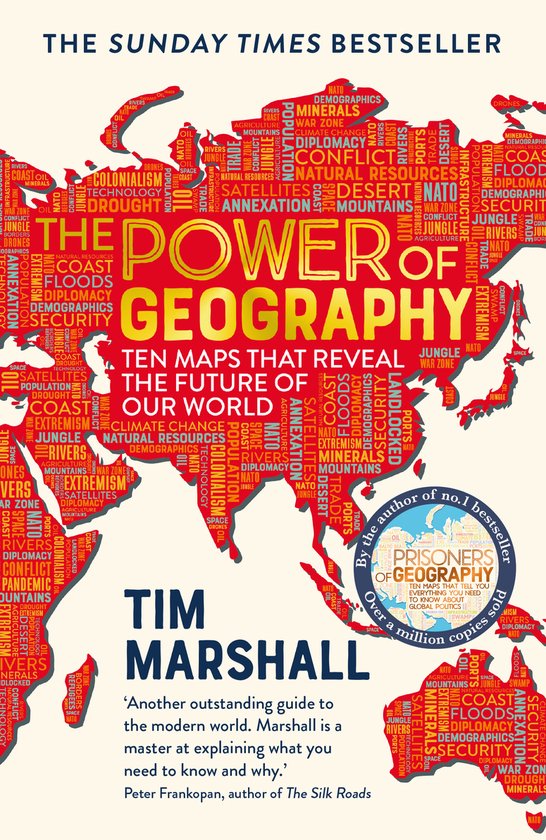
Power Of Place
Books such as The Earth is Flat have argued enthusiastically that globalization brings opportunities to the world's poorest peoples. Not so, contends Harm de Blij. Accidents of geography continue to hold billions of people in an unrelenting grip. We are all born into natural and cultural environments that shape what we become, individually and collectively
The world is not as mobile or as interconnected as we like to think. As Harm de Blij argues in The Power of Place, in crucial ways--from the uneven distribution of natural resources to the unequal availability of opportunity--geography continues to hold billions of people in its grip. We are all born into natural and cultural environments that shape what we become, individually and collectively. From our "mother tongue" to our father's faith, from medical risks to natural hazards, where we start our journey has much to do with our destiny. Hundreds of millions of farmers in the river basins of Asia and Africa, and tens of millions of shepherds in isolated mountain valleys from the Andes to Kashmir, all live their lives much as their distant ancestors did, remote from the forces of globalization. Incorporating a series of persuasive maps, De Blij describes the tremendously varied environments across the planet and shows how migrations between them are comparatively rare. De Blij also looks at the ways we are redefining place so as to make its power even more potent than it has been, with troubling implications.
The world is not as mobile or as interconnected as we like to think. As Harm de Blij argues in The Power of Place, in crucial ways--from the uneven distribution of natural resources to the unequal availability of opportunity--geography continues to hold billions of people in its grip. We are all born into natural and cultural environments that shape what we become, individually and collectively. From our "mother tongue" to our father's faith, from medical risks to natural hazards, where we start our journey has much to do with our destiny. Hundreds of millions of farmers in the river basins of Asia and Africa, and tens of millions of shepherds in isolated mountain valleys from the Andes to Kashmir, all live their lives much as their distant ancestors did, remote from the forces of globalization. Incorporating a series of persuasive maps, De Blij describes the tremendously varied environments across the planet and shows how migrations between them are comparatively rare. De Blij also looks at the ways we are redefining place so as to make its power even more potent than it has been, with troubling implications.
| Auteur | | Harm De Blij |
| Taal | | Engels |
| Type | | Paperback |
| Categorie | | Mens & Maatschappij |





